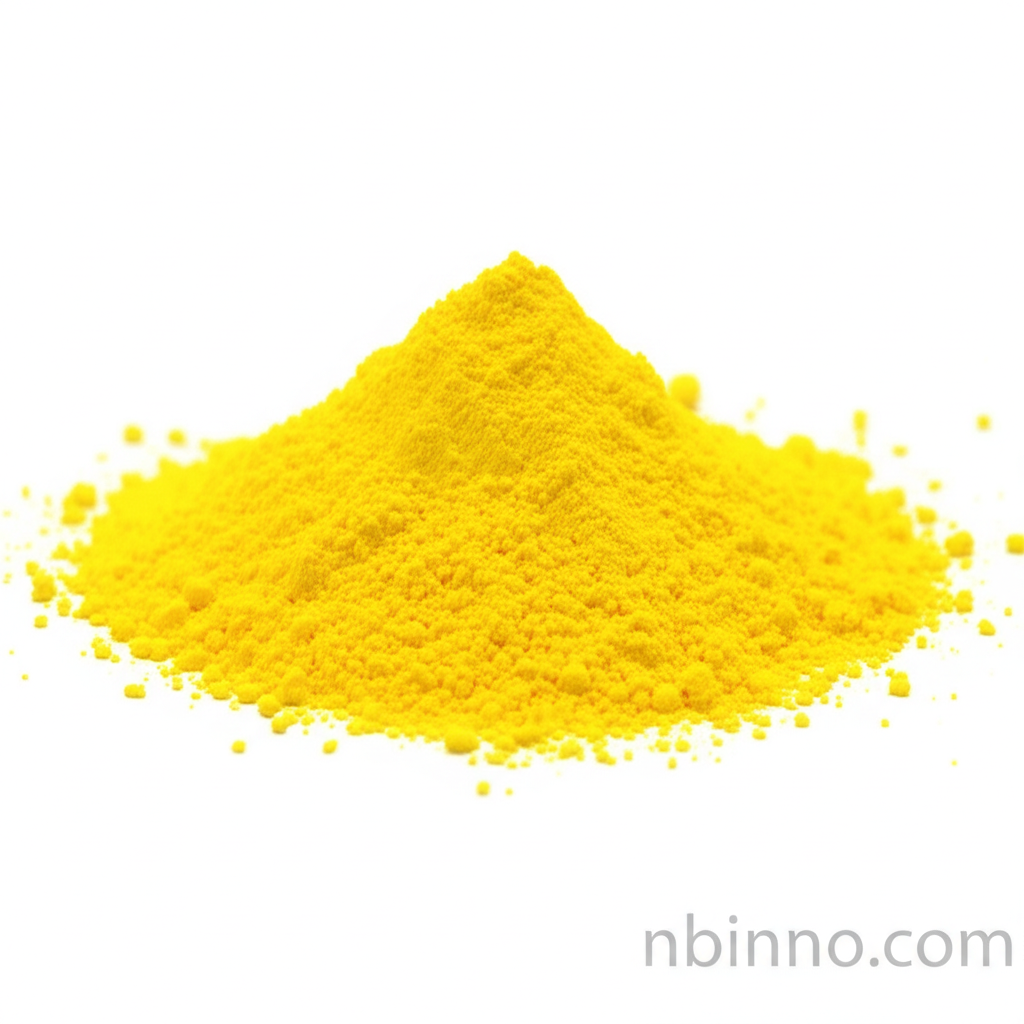Understanding Vitamin K3 Menadione: A Comprehensive Guide
Explore the critical role, diverse applications, and essential safety aspects of synthetic Vitamin K3.
Get a Quote & SampleProduct Core Value

Vitamin K3 Menadione
This synthetic compound, known as Vitamin K3, is a vital precursor to active Vitamin K forms and plays a crucial role in promoting blood coagulation and supporting metabolic processes. While not recommended for human consumption due to safety concerns, it's widely utilized in animal nutrition.
- Discover the menadione chemical properties and its significance in biochemical pathways.
- Learn about the vitamin k3 for animal feed applications, enhancing livestock health.
- Understand the menadione mechanism of action, essential for blood clotting functions.
- Explore the synthetic vitamin k safety considerations and why natural forms are preferred for humans.
Key Advantages
Promotes Blood Coagulation
Vitamin K3 is instrumental in the synthesis of clotting factors, directly impacting the body's ability to stop bleeding effectively, a key function for menadione blood coagulation.
Versatile Animal Nutrition Component
Widely incorporated into vitamin k3 for animal feed formulations, it supports the health and growth of poultry, swine, and other livestock.
Research into Potential Benefits
Ongoing studies explore the vitamin k3 anticancer effects and antibacterial properties identified in test-tube research, aiming to understand its broader therapeutic potential.
Key Applications
Animal Feed Industry
A primary application is in the formulation of animal feed, providing essential vitamin K activity for livestock health and development, a key aspect of vitamin k3 for animal feed.
Veterinary Medicine
While not a direct treatment for humans, it is studied for its applications in veterinary medicine, contributing to understanding related health outcomes and potentially informing treatments.
Chemical Synthesis
Serves as a critical intermediate in the synthesis of other vitamin K derivatives and related compounds, showcasing its importance in pharmaceutical chemical synthesis.
Scientific Research
Used in laboratory settings to investigate its biological mechanisms and potential therapeutic properties, including its role in cell proliferation and response to oxidative stress.
